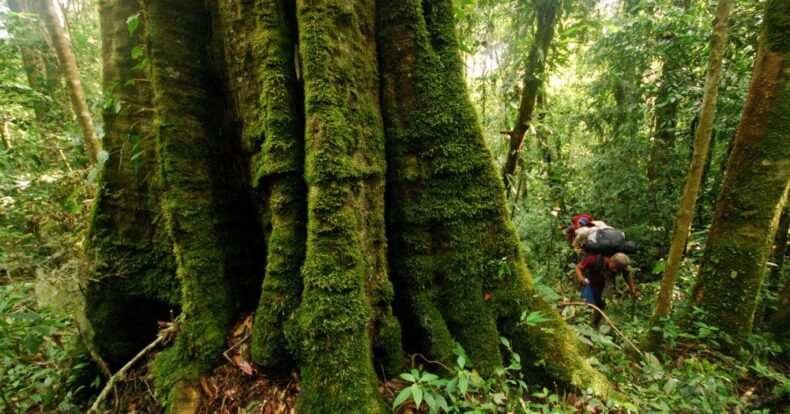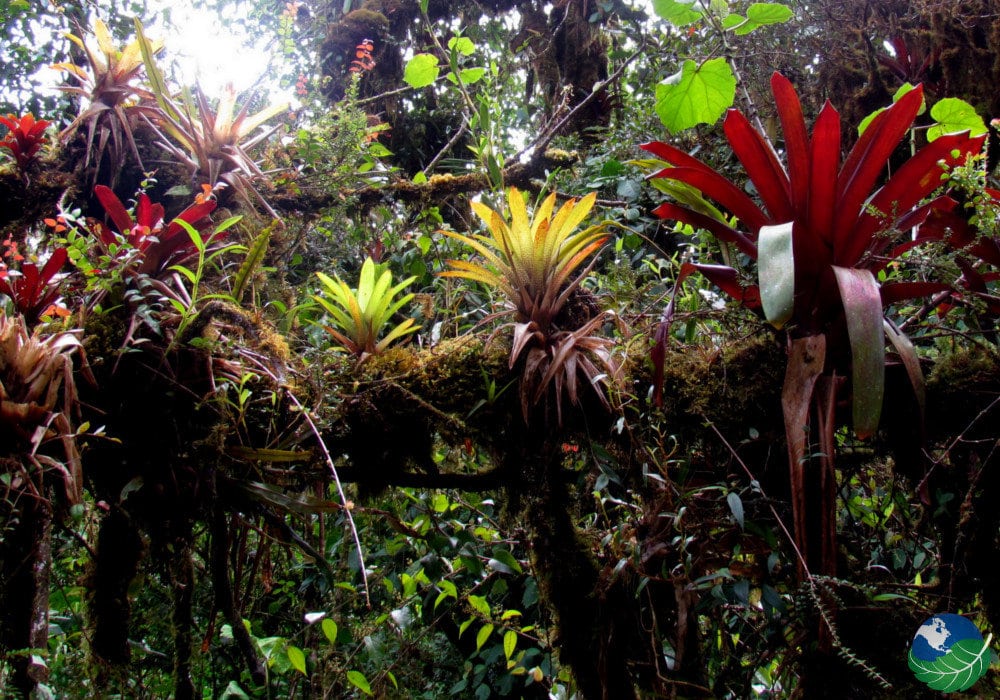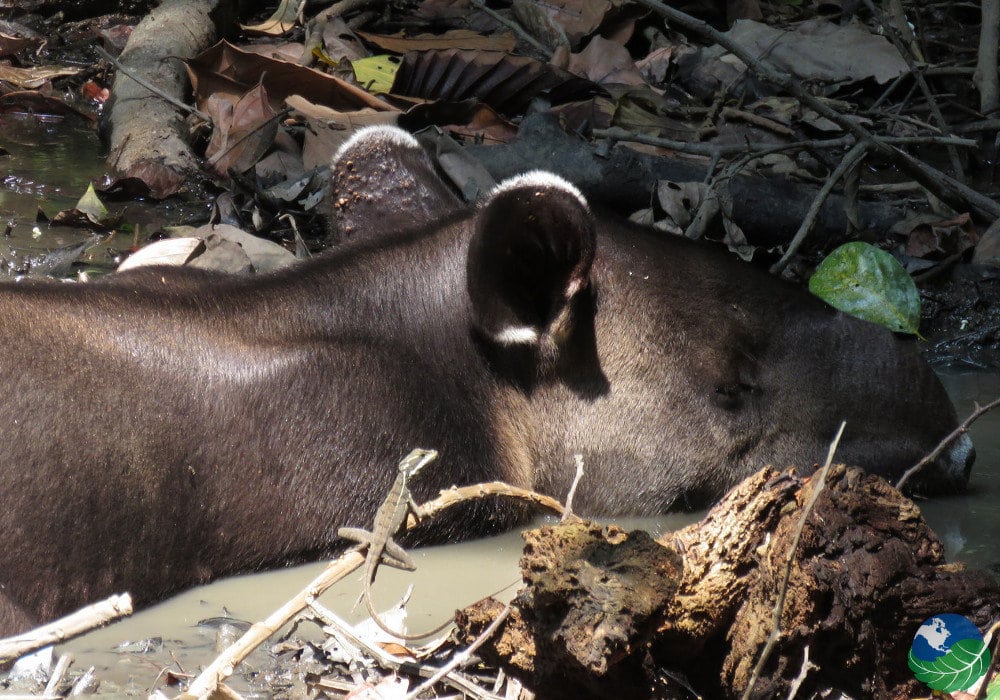Tourism in Costa Rica: National parks implement digital system for sustainable tourism

Costa Rica will be able to measure the impact of tourism on its national parks more accurately thanks to the implementation of cutting-edge environmental technology developed by The NeverRest Project. The country hopes this will help preserve ecological balance and strengthen its leadership in sustainable tourism.
This advance is possible thanks to an agreement signed between the Costa Rican National Parks Foundation (FPN) and The NeverRest Project, announced during the opening of the Expo Ambiente 2025 conference. An alliance between the Costa Rican government and the private sector will allow the incorporation of the digital platform EverData, a tool created to collect, visualize, and analyze environmental and tourism data in real time.
Tourism in Costa Rica: innovative tool will calculate impact on national parks
Over the last decade, visits to Costa Rica’s national parks have grown by 33%, posing a significant challenge in terms of management and conservation. The new technology will provide open and transparent information, such as the amount of waste generated per visitor, CO₂ emissions linked to their activities, and the number of tickets sold at each park. It will also include maps, real-time monitoring systems, and project management tools that will transform the environmental footprint of tourism into redistributive economic mechanisms that directly benefit local communities.
According to representatives from both institutions, the partnership agreement aims not only to conserve and protect the country’s ecosystems, but also to generate tangible benefits for communities. This will open up opportunities for income redistribution and job creation linked to sustainable tourism.



From tourism to community well-being
During the signing, Frédéric Kauffmann, executive director and founder of The NeverRest Project, emphasized that what matters is no longer just how many tourists visit Costa Rica, but how they do so. Tourism must contribute positively to the country, and those who do not do so must be aware that their presence generates more problems than benefits. According to him, the income generated by tourism should not be used to clean up negative impacts, but rather to improve the quality of life of the population and strengthen ecosystems.
For his part, Ricardo Meneses-Orellana, president of the FPN, pointed out that having accurate data is not a luxury, but a necessity. For his part, he stressed that public policies must guarantee environmental transparency, align with the UN Sustainable Development Goals, and ensure that every visitor leaves a positive footprint rather than a burden on national parks.
Responsible tourism
The National Parks Foundation, created in 1979 as a private, non-profit organization, has been instrumental in consolidating Costa Rica’s environmental model. Thanks to its work, more than 90,000 hectares have become part of the national parks, in addition to promoting volunteer programs and environmental and community education projects that are now benchmarks in Latin America.
Meneses-Orellana described the country’s commitment by saying that Costa Rica, although small in size, is huge in determination. He said that the future of tourism cannot be separated from sustainability, nor can the fight against climate change ignore the role of tourism as an opportunity and a responsibility. In his words, Costa Rica must be a “living laboratory” for the world.
Sensorial Sunsets
Navigate articles



